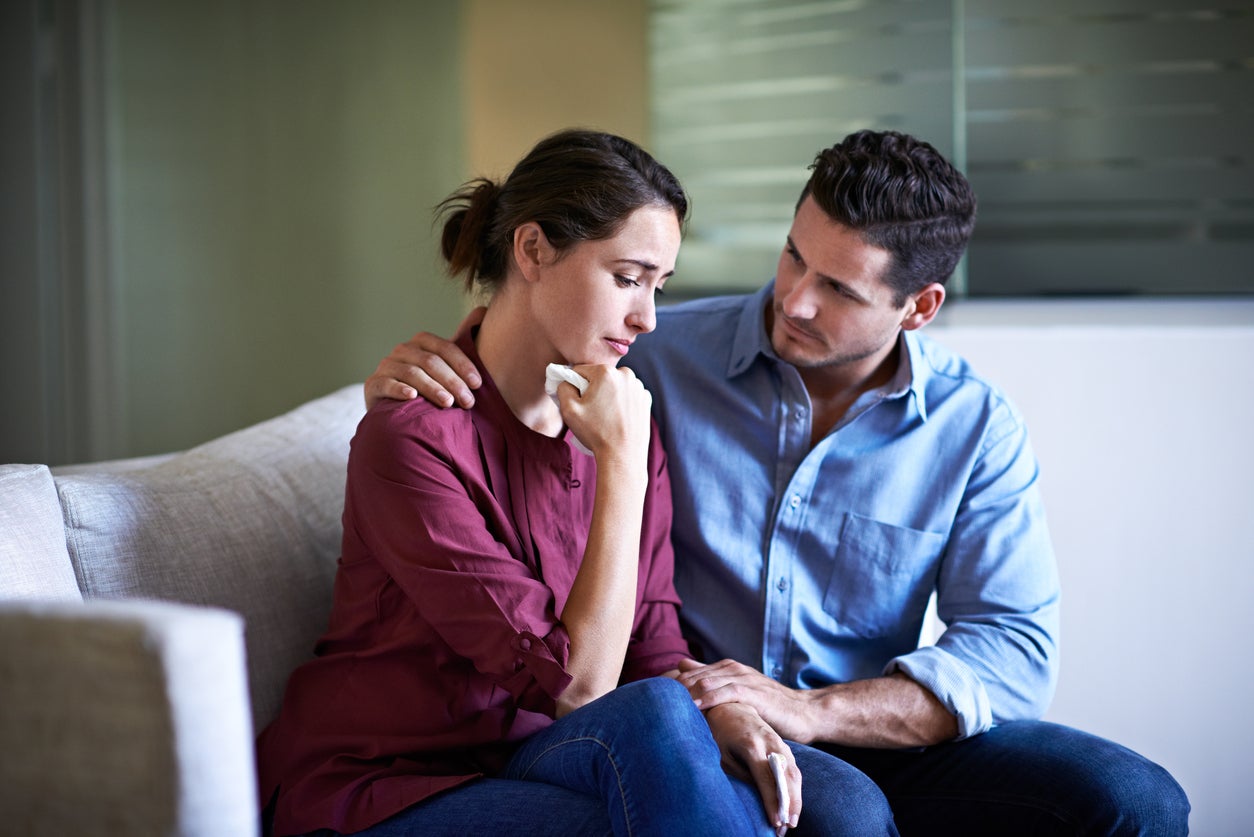Whether a disaster is manmade or caused by nature, we are impacted by these events occurring around the world. Between social media, network news reports and calls from loved ones, the human toll of these proceedings is on our minds for days and weeks on end.
Many news stories of disasters focus on individual victims to bring the vast destruction down to human terms. Brain research indicates that regions of the brain that are triggered by these events are similar to those areas triggered by our own danger. This causes us to remember times when we were in danger or pain, and our brain imagines how the actual victims are thinking and feeling. Our empathetic responses are recruited and we feel sad as we witness the pain and suffering of others.
When the numbers of victims and disasters are almost too large to fathom, individuals may suffer from disaster fatigue – a sense that these events are never-ending, uncontrollable and overwhelming. This can affect you physically and mentally, as well as lead to less help for victims by way of charitable giving and physical supports. Where one disaster can be motivating, several in a row can by paralyzing. When this occurs, it is harder to repeatedly continue the empathetic response.
Compassion fatigue has real health effects if left unattended. Symptoms may include:
· Fear in situations that others would not think were frightening
· Excessive worry that something bad will happen to you, your loved ones or colleagues
· Easily startled, feeling “jumpy” or “on guard” all of the time
· Wary of every situation, expecting a traumatic outcome
· Physical signs like a racing heart, shortness of breath and increased tension headaches
· Sense of being haunted by the troubles you see and hear from others and not being able to make them go away
· The feeling that others’ trauma is yours
When disasters feel impossibly large, it is hard to continue to give to relief agencies and efforts, as it feels like what we are able to do will never be enough. If you are experiencing any of these signs of stress, talk to a friend or colleague or seek counsel from a trusted mentor. You may also consider seeking help from a qualified mental health professional. If you would like to speak with a provider, please call Lovelace Care Concierge at 505.727.2727 to schedule an appointment.
Often, you need to simply break away and take care of you. It isn’t selfish to make sure you are well enough to continue helping others. Take a break from watching the news. It’s okay to watch a story one or two times, rather than ten or twenty. Take a break from worrying. Enjoy the good going on around you and the ripple effect will be more goodwill around you and others.
Submitted by: Kym Halliday Clear RN / Manager Outpatient Programs / Lovelace Women’s Hospital and Catherine Roth/Community Health Worker/Lovelace Labor of Love.
References:
Tips for Disaster Responders,SAMHSA.gov Retrieved on 9/5/17 from https://store.samhsa.gov/shin/content/SMA14-4869/SMA14-4869.pdf
Disaster Fatigue blamed for Drop in Giving (May 19, 2008) Associated Press. Retrieved on 9/5/17 from http://www.nbcnews.com/id/24712998/ns/us_news-giving/t/disaster-fatigue-blamed-drop-giving/#.WbAPtvsrKos
When Disaster Strikes Others: How Your Brain Responds (May 15, 2011) Psychology Today. Retrieved on 9/5/17 from https://www.psychologytoday.com/blog/fulfillment-any-age/201103/when-disaster-strikes-others-how-your-brain-responds

